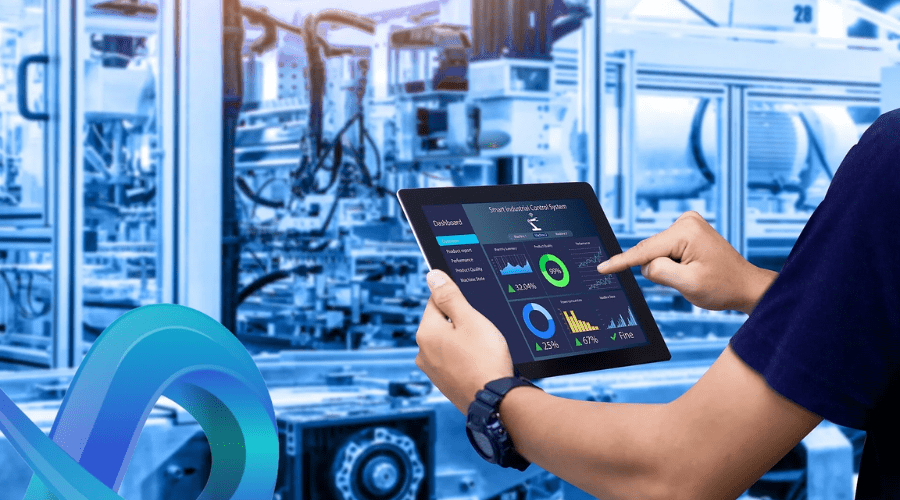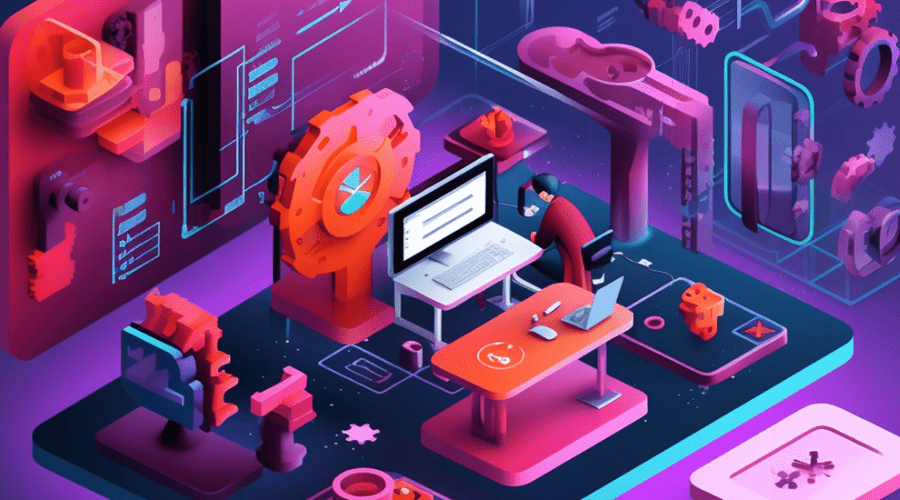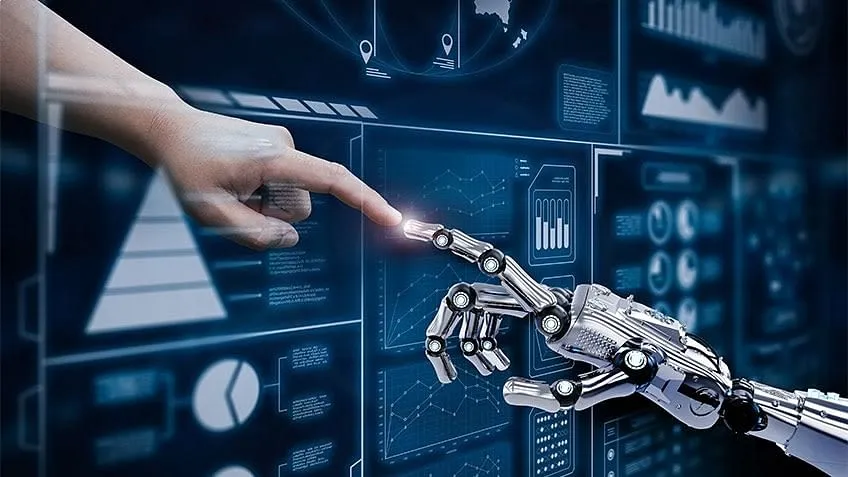
In the ever-evolving landscape of technology, innovations continue to shape the way we live, work, and connect. From groundbreaking developments in artificial intelligence to revolutionary advancements in renewable energy, the world of tech is a dynamic playground for those pushing the boundaries of what’s possible. In this exploration of tech innovations, we’ll delve into some of the most exciting developments that are reshaping our future.
The Rise of Artificial Intelligence
Artificial Intelligence (AI) has undoubtedly been the hallmark of recent tech innovations, transforming industries and redefining the capabilities of machines. The fusion of machine learning, neural networks, and big data has given rise to AI applications that range from virtual assistants to predictive analytics.
Machine Learning Revolution
At the heart of AI lies machine learning, a field that empowers computers to learn and adapt without explicit programming. The use of algorithms and statistical models enables machines to recognize patterns, make decisions, and improve their performance over time. This has profound implications across various sectors, such as healthcare, finance, and transportation.
Machine learning algorithms are now integral in medical diagnoses, helping identify diseases with greater accuracy and speed than traditional methods. In the financial sector, AI-driven predictive analytics is revolutionizing investment strategies, risk management, and fraud detection. Moreover, in transportation, machine learning powers autonomous vehicles, paving the way for a future where self-driving cars are commonplace.
Neural Networks and Deep Learning
Neural networks, inspired by the human brain’s structure, play a crucial role in AI’s deep learning capabilities. Deep learning involves training neural networks on vast datasets, allowing them to make complex decisions and predictions. This has led to breakthroughs in natural language processing, image recognition, and even creativity.
For instance, deep learning models are now capable of generating realistic images, composing music, and even writing articles. The ability to mimic human-like cognitive processes is pushing the boundaries of what AI can achieve, raising ethical questions and considerations about the role of machines in creative and decision-making processes.
Sustainable Tech Solutions
As the world grapples with the consequences of climate change, technology is stepping up to provide innovative solutions that prioritize sustainability. From renewable energy sources to eco-friendly manufacturing processes, the tech industry is making significant strides in minimizing its environmental impact.
Renewable Energy Breakthroughs
One of the most critical challenges of our time is transitioning to renewable energy sources to mitigate the impact of climate change. Tech innovations in this domain include advancements in solar and wind energy technologies. Solar power, in particular, has seen tremendous progress, with more efficient and cost-effective photovoltaic cells and solar panels.
The integration of artificial intelligence with renewable energy systems is optimizing energy production and consumption. AI algorithms can predict energy demand, adjust power output from renewable sources accordingly, and enhance the overall efficiency of energy grids. These innovations not only make renewable energy more reliable but also contribute to the reduction of greenhouse gas emissions.
Circular Tech Economy
In addition to sustainable energy solutions, there is a growing emphasis on adopting circular tech economy principles. This involves designing products with the intention of minimizing waste, promoting recycling, and ensuring the longevity of materials. 3D printing, for example, allows for the creation of products with less material waste compared to traditional manufacturing methods.
Moreover, blockchain technology is being utilized to create transparent and traceable supply chains, ensuring that products are ethically sourced and produced. This not only appeals to environmentally conscious consumers but also establishes a more accountable and responsible approach to tech manufacturing.
Connectivity and 5G Revolution
The backbone of our interconnected world, the evolution of connectivity technologies continues to drive innovation and redefine the way we communicate. The advent of 5G technology is poised to bring about a paradigm shift, unlocking new possibilities for businesses, healthcare, and smart cities.
The 5G Landscape
Fifth-generation wireless technology, or 5G, represents a significant leap forward from its predecessor, 4G. With faster speeds, lower latency, and increased capacity, 5G is set to revolutionize the way we connect and interact with the digital world. This is particularly crucial for the development of the Internet of Things (IoT) and the proliferation of smart devices.
The enhanced capabilities of 5G open up opportunities for immersive technologies, such as augmented reality (AR) and virtual reality (VR). From healthcare applications like remote surgeries to enhanced gaming experiences, the low latency of 5G enables real-time interactions that were previously unattainable.
Smart Cities and IoT Integration
5G is a catalyst for the development of smart cities, where interconnected devices and sensors facilitate efficient urban living. From smart traffic management systems to intelligent energy grids, the integration of IoT devices powered by 5G enables cities to become more sustainable, resilient, and responsive to the needs of their residents.
The ability of 5G to handle massive data streams in real-time also paves the way for advancements in autonomous vehicles. With a reliable and high-speed connection, self-driving cars can communicate with each other and their surroundings, making transportation safer and more efficient.
The Challenges and Ethical Considerations
As we celebrate the remarkable strides in tech innovations, it’s crucial to address the challenges and ethical considerations that come hand in hand with these advancements.
Ethical AI and Bias
The development and deployment of AI systems raise ethical concerns related to bias, privacy, and accountability. Machine learning models trained on biased datasets can perpetuate and even exacerbate existing social inequalities. As AI systems become increasingly integrated into our daily lives, ensuring fairness, transparency, and accountability is paramount.
Environmental Impact of Tech
While tech innovations strive to address environmental challenges, the industry itself is not without its environmental footprint. The production and disposal of electronic devices contribute to electronic waste (e-waste), and energy-intensive data centers strain power resources. Balancing the benefits of tech innovations with their environmental impact requires a concerted effort from industry stakeholders and policymakers.
In conclusion, the world of tech innovations is a captivating journey into the future, where AI, sustainability, and connectivity converge to reshape our lives. As we embrace these advancements, it is imperative to tread carefully, addressing ethical considerations and mitigating environmental impact. The synergy of human ingenuity and technological prowess holds the key to a future where innovation is not just transformative but also sustainable and inclusive.










